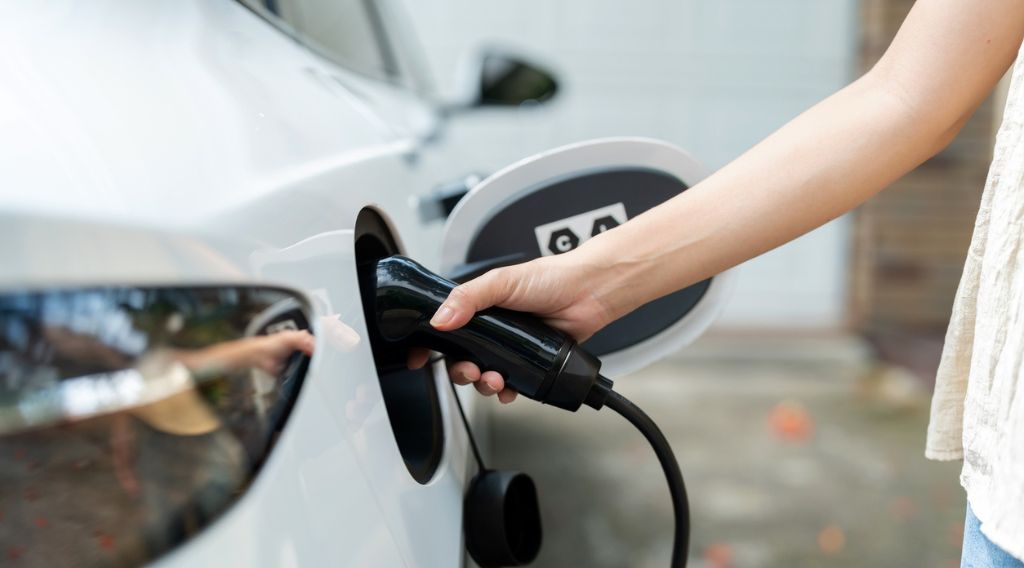
Legislative sessions are underway across the United States, and climate legislation is a hot topic of debate at the federal and state levels. The Midwest is no different. Several Midwestern states are considering clean fuels policies as a tool to meet emissions reduction goals while benefiting the economy. We put together an inventory highlighting the state of play of clean fuels policies in Minnesota, Nebraska, Ohio, and Michigan.
Three things to know:
- Support for clean fuels policies is growing across the Midwest as states look to reduce emissions in ways that also deliver economic benefits.
- The Future Fuels Coalition is pursuing clean fuels policy legislation during the 2022 session in Minnesota.
- Nebraska, Ohio, and Michigan are at various stages of working toward clean fuels legislation.
Minnesota
Assistant Majority Leader Todd Lippert (DFL) and Senate Energy and Utilities Finance and Policy Committee Chairman David Senjem (R) introduced the Future Fuels Act (FFA) during the 2021 Minnesota legislative session. A bipartisan clean fuels standard bill, the FFA is supported by the Future Fuels Coalition, a broad group of stakeholders that includes automakers, fuel producers, environmental organizations, utilities, and others. The FFA received several hearings during the 2021 session and passed in the House.
In October of 2021, Governor Walz announced a stakeholder engagement process to inform a Minnesota clean fuels standard, led by the Minnesota Department of Transportation and the Department of Agriculture. The state agency-led effort engaged with a variety of stakeholder groups: agriculture and rural, business, environment and conservation, environmental justice, labor and economic development, petroleum and refineries, utilities, and general public. The listening sessions were held between October 2021 and January 2022. The sessions are expected to result in a whitepaper summarizing the themes that emerged during the engagement process, to be released in March 2022.
The Future Fuels Coalition will be supporting clean fuels legislation again this legislative session and looks forward to the release of the whitepaper commissioned by Governor Walz.
Michigan
In January 2022, the Climate on Council Solutions, an advisory body to the Michigan Department of Environment, Great Lakes, and Energy (EGLE), published the draft Michigan Healthy Climate Plan. Commissioned by Governor Gretchen Whitmer, the draft climate plan lays out recommendations for fulfilling the governor’s commitment for Michigan to achieve 100 percent economywide carbon neutrality by 2050.
Efforts around a Michigan clean fuels policy during 2021 focused on including a recommendation for the policy in the draft climate plan. The draft climate plan identified a clean fuels standard as a key component of an all-options approach to support Michigan’s transportation decarbonization goal.
EGLE and the Council on Climate Solutions held listening sessions soliciting comments from the public throughout January and February of 2022 and continue to accept comments sent to [email protected] .
Nebraska
In Nebraska, a clean fuels coalition led by Renewable Fuels Nebraska formed in 2021. The group, made up of a variety of stakeholders, has been convening for several months and has made notable progress. The Clean Fuels Nebraska Coalition has developed consensus principles for a Nebraska approach to a clean fuels standard. The principles have support from a range of organizations representing agriculture, clean fuel industries, and the environmental community.
The Clean Fuels Nebraska Coalition, with support from the Great Plains Institute, will use the coming year to iterate on legislation, conduct further research on how a clean fuels policy would impact Nebraska’s economy and air quality, and build more support, with the goal of introducing legislation in 2023.
Ohio
Clean Fuels Ohio has been leading the charge on clean fuels policy efforts in the state. Assisted by the Great Plains Institute, Clean Fuels Ohio has facilitated several convenings of a diverse stakeholder group interested in pursuing a clean fuels policy.
To inform their decision on whether a clean fuels policy is a good fit for Ohio, Clean Fuels Ohio commissioned a body of research that investigates the impacts that such a policy would likely have on the fuel mix, economy, and air quality. Great Plains Institute is currently conducting an analysis on the impact of a clean fuels policy on various sectors of Ohio’s economy. Considering that the Ohio 134 General Assembly is in session, a clean fuels policy bill likely won’t be introduced until at least 2023.
Conclusion
While it is too soon to tell the outcomes of the ongoing clean fuels policy efforts in the Midwest, legislators and stakeholders alike are eager to see legislation that effectively and urgently addresses greenhouse gas emissions while giving economies a much-needed boost. Momentum is clearly growing for clean fuel standards as a tool to achieve these state goals.
Subscribe to the Great Plains Institute’s monthly newsletter to stay up-to-date on Midwestern clean fuels policy efforts.


